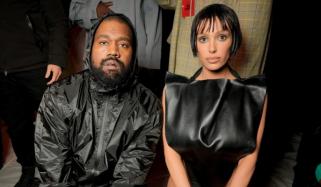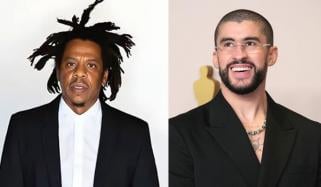
Ed Sheeran is “happier” than ever as court rules in his favor in Thinking Out Loud copyright battle!
On Friday, November 1, the U.S. Court of Appeals made the ruling that the Shivers singer’s 2014 song, Thinking Out Loud, did not infringe the copyright of Marvin Gaye’s 1973 classic hit Let’s Get It On, reported Reuters.
The court’s ruling also declared that both the songs share only “fundamental musical building blocks” that cannot be a possession of any individual songwriter.
Structured Asset Sales, a company that owns a small stake in the rights to Gaye’s hit, filed the case against Ed Sheeran alleging that the singer had copied the chord progression and rhythm of the 1973 song.
However, as per the federal appeals court rejected the claim by stating that the lawsuit was basically seeking “a monopoly over a combination of two fundamental musical building blocks.”
As per Billboard, several appeals court judges wrote in the ruling that, “The four-chord progression at issue—ubiquitous in pop music—even coupled with a syncopated harmonic rhythm, is too well-explored to meet the originality threshold that copyright law demands.”
The court also ruled that being overprotective over such basic elements would only end up threatening to stifle creativity and undermine the purpose of copyright law.
"Neither the melody nor the lyrics of ‘Thinking Out Loud' bears any resemblance to those in ‘Let’s Get It On.’ Undeniable and obvious differences exist between them,” the ruling further stated.
Notably, since the release of Thinking Out Loud in 2014, Ed Sheeran has faced multiple lawsuits for the track. The series of lawsuits initially began in 2017, when the heirs of Ed Townsend, the co-writer of Let’s Get It On, sued the singer over copying the lyrics.















